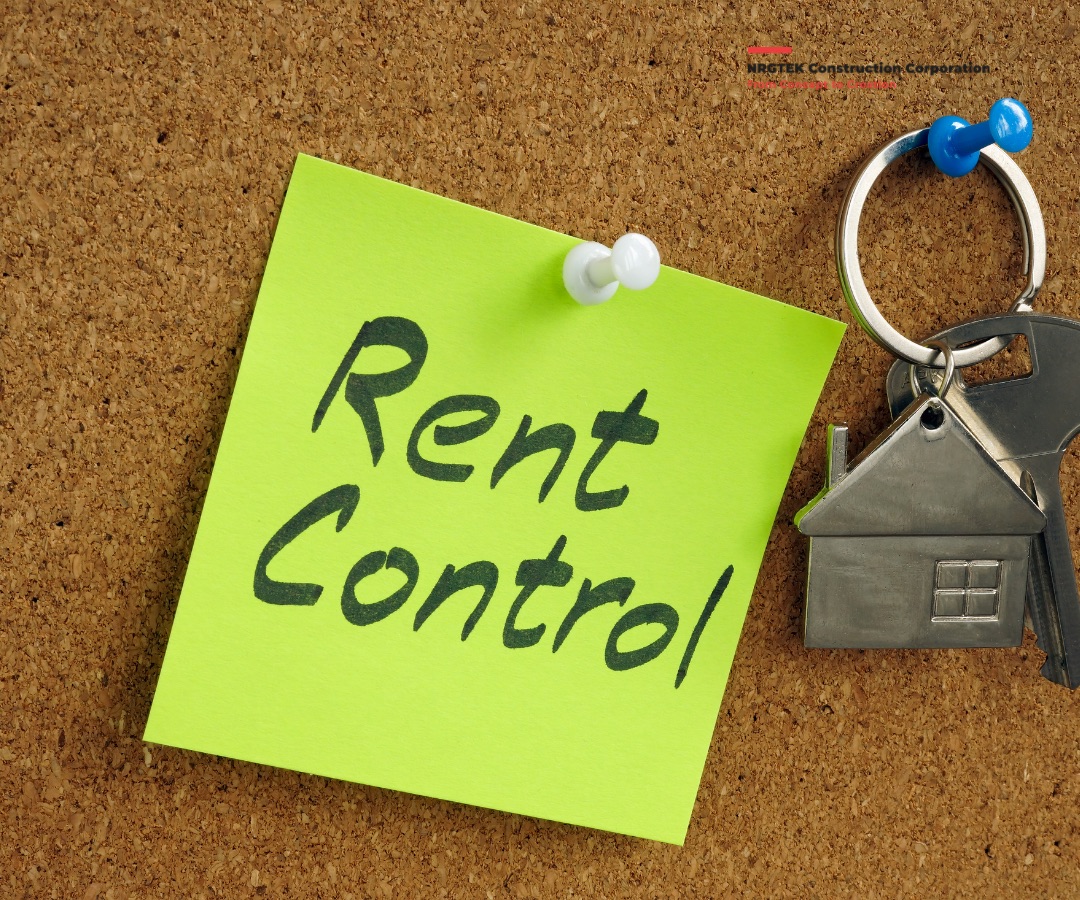
For many years, rent control laws have been a contentious issue in British Columbia (BC), with discussions focusing on how well they ensure access to affordable housing as well as the wider effects they have on the real estate market. Policymakers, renters, and landlords must all be aware of the effects of rent control laws because housing affordability is still a major problem in the province, especially in urban areas like Vancouver. This blog post will examine the advantages, difficulties, and potential long-term effects of rent control on affordable housing in British Columbia.
1. Understanding Rent Control in BC
The Residential Tenancy Act governs rent control in British Columbia and sets annual rent increases for landlords to a minimum. The annual rent increase permitted by the BC government is usually determined by taking the rate of inflation into account. This policy is intended to give tenants more financial stability and predictability by shielding them from abrupt and large increases in rent.
Apart from the annual rent increase cap, British Columbia has regulations governing the timing of rent increases by landlords. For instance, rent increases for current tenants are limited to once every 12 months, and there are rules about how much notice landlords must give before raising rent.
2. Benefits of Rent Control
Rent control policies offer several benefits, particularly for tenants in BC’s high-cost housing markets:
- Affordability and Stability: Rent control limits the annual rent increase that tenants can receive, which helps to keep housing affordable for them. This is particularly critical in cities like Vancouver, where market rents have the potential to increase quickly, outpacing wage growth and making it challenging for tenants to stay up to date.
- Protection Against Displacement: Rent control lessens the possibility that rent increases will force out tenants by capping rent increases. For low- and moderate-income households, who might otherwise be forced to leave their communities, this is vital.
- Economic Predictability: Rent control gives tenants economic stability so they can better manage their budgets and prevent unforeseen expenses. More financial stability and a stronger sense of community stability may result from this.
3. Challenges and Criticisms of Rent Control
While rent control has its advantages, it also faces significant criticisms and challenges that can affect the broader housing market:
- Reduced Incentive for New Construction: Strict rent control laws, according to critics, may deter developers from creating new rental units. Developers may decide to build condominiums or other types of housing in place of rental units when potential returns on investment are capped. This would reduce the supply of rental units and exacerbate the housing shortage.
- Impact on Property Maintenance: Under rent control, landlords may be less motivated to upgrade and maintain their properties because they can’t recover these costs from rent increases. This may eventually cause the stock of rental housing to decline in quality.

- Limited Availability of Rental Units: Rental unit availability may occasionally decline as a result of rent control. There might be fewer long-term rental units available to tenants if landlords decide to turn their rental properties into condominiums or short-term rentals.
- Market Distortions: In the housing market, rent control may lead to distortions such as a mismatch between the market rate for new renters and what existing tenants are paying. This could result in the rental market becoming unfair because long-term tenants would end up paying a lot less than new ones.
4. The Long-Term Impact on Affordable Housing
Rent control’s long-term effects on BC’s affordable housing market are intricate and varied. Rent control can shield tenants from unjustifiable rent increases and offer them instant relief, but it can also exacerbate long-term problems in the housing market.
By discouraging developers and landlords from making new real estate investments, rent control may have the unintended consequence of reducing the overall supply of rental housing. Due to the high demand and limited supply, market rates for newly built apartments may increase, making it even more difficult for tenants to locate reasonably priced housing.
Moreover, land use restrictions, building costs, and the availability of developable land are some of the core causes of housing affordability that rent control ignores. If these fundamental problems aren’t resolved, rent control might not be enough to guarantee long-term housing affordability.
5. Balancing Rent Control with Housing Supply
In order to strike a balance between safeguarding renters and promoting the construction of new rental units, BC policymakers must take an all-encompassing approach. This could consist of:
- Incentives for Rental Housing Development: While preserving the protections of rent control for current tenants, providing tax breaks, grants, or other financial advantages to developers who construct rental housing can aid in increasing the supply of affordable units.
- Support for Non-Profit and Cooperative Housing: Beyond the conventional private rental market, more affordable housing options can be found by extending the role of non-profit and cooperative housing organizations.
- Flexible Rent Control Policies: Maintaining the standard of rental housing while shielding tenants from exorbitant rent increases can be achieved by enacting more flexible rent control laws that permit fair rent increases linked to capital improvements or growing operating expenses.
Final Thoughts
In British Columbia, rent control laws are essential for safeguarding tenants and maintaining housing stability, especially in densely populated urban areas. They do, however, also present certain difficulties that may affect the general availability and standard of rental housing. A balanced strategy that incorporates rent control, incentives for new housing development, and support for alternative housing models is necessary for BC to effectively address its affordable housing crisis. By carefully weighing the long-term effects of rent control and putting complementary policies in place, British Columbia can endeavor to create a housing market that is more affordable and sustainable for all citizens.










